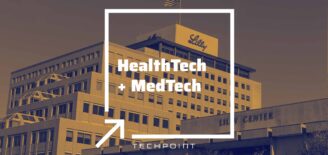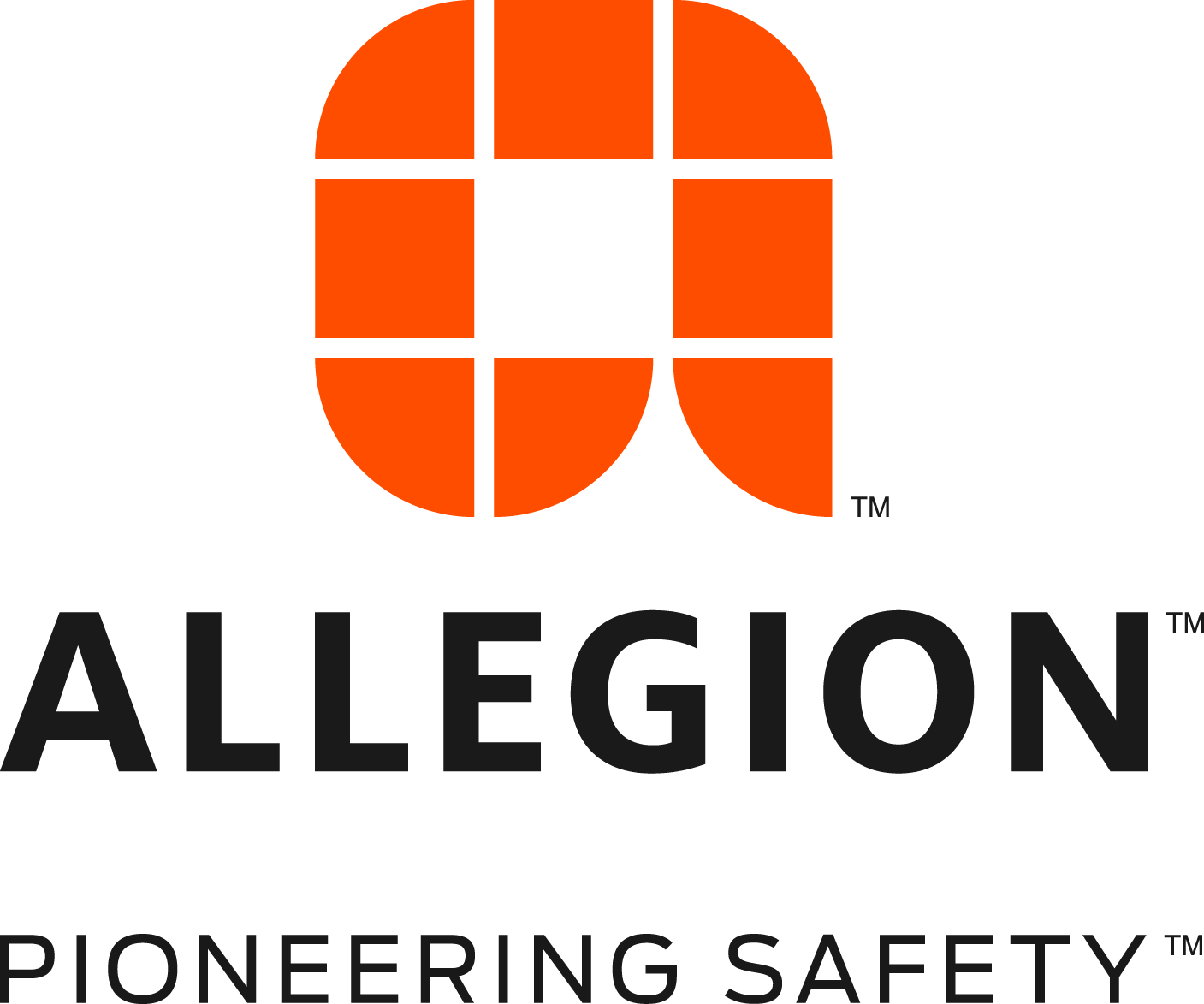What a New Heart Health Study Means for Tech Employers, Female Talent
The tech community may not strike you as a population at risk for deadly health problems; the segment as a whole tends to be young, active and informed about health and wellness. Yet for young women, a large and growing part of our broader tech community, a specific health threat is looming large.
While instances of heart attacks overall are decreasing, there has been an alarming rise in heart attacks amongst younger Americans. A recent multi-state study showed that people having heart attacks are increasingly young, up from 27 percent at the start of the study to 32 percent at the end. The same study showed 30 percent of those patients hospitalized for heart attacks were from the ages of 35 to 54. While this is alarming for both sexes, the news is particularly concerning for women: among women having heart attacks, the increase in young patients went from 21 percent to 31 percent – a bigger jump than in young men.
The reasons behind this rise are complex. Women may experience heart attack symptoms that present differently than in men, so medical professionals may take longer to diagnose a heart attack. (For instance, they may feel nausea, back and shoulder discomfort, and exhaustion, rather than the expected chest pain.) Women are also underrepresented in traditional medical studies, which has implications on how doctors identify and treat female heart attack patients, including their willingness to put them on preventative therapy regimens.

For the tech community specifically, lifestyle risk factors come into play, too.
Employees are spending the majority of the day sitting at their desks – and it’s well-established that sitting all day can lead to an increased risk in heart disease, even for an otherwise active person. Typical tech company perks like fully-stocked kitchens, on-tap beer and frequent happy hours aren’t always helping the situation, either. It’s easy to overindulge in unhealthy snacks and alcohol when they’re readily available, which can lead to increased cholesterol, blood pressure and body mass index (BMI) – all things that are directly tied to an increased risk for heart attack. The stress of a demanding, high-paced job can take its toll on the heart as well by raising cortisol and blood pressure levels into dangerous territory.
We’ve worked so hard to attract, retain and develop our highly prized tech talent in Indiana. As employers, we have an obligation to help protect our workforce – and that means prioritizing the heart health of this community. Creating a culture of wellness is not only the right thing to do, it also has practical benefits such as increased productivity, employee engagement, and decreased health insurance expenses.
One of the strengths of the tech community is its willingness to experiment with new approaches. This innovative thinking can and should be applied to our health as well as our business models. Even small changes can, over time, contribute to a lowered risk factor for heart attacks. Start by creating a conversation about wellness and being a vocal role model in your workplace.
Go after small wins: swap out salty and fatty snacks for fresh fruit, encourage walking meetings, offer standing and stationary bike desks, use CPR training and activity-based team-building, and prioritize work-life balance and mindfulness. You can also look at sponsorships with a different lens; look for initiatives that give leadership development and networking benefits for early career talent, like Go Red for Women, Young at Heart and Go Red Goes STEM.
We should also empower employees to “know their numbers.” The American Heart Association recommends everyone, regardless of sex or age, know their total cholesterol, HDL (good) cholesterol, blood pressure, blood sugar and BMI. These numbers allow an individual and their health care provider to determine the risk for developing cardiovascular disease and take preventative measures accordingly.
February is Heart Health Month, and it’s the perfect time to commit (or recommit) your organization to whole body wellness. I’m asking our tech community to take a leadership position in heart health. We’ve built Indiana into a thriving center for entrepreneurs and tech talent. Let’s come together to protect the gains we’ve made and the people who make it happen.







































